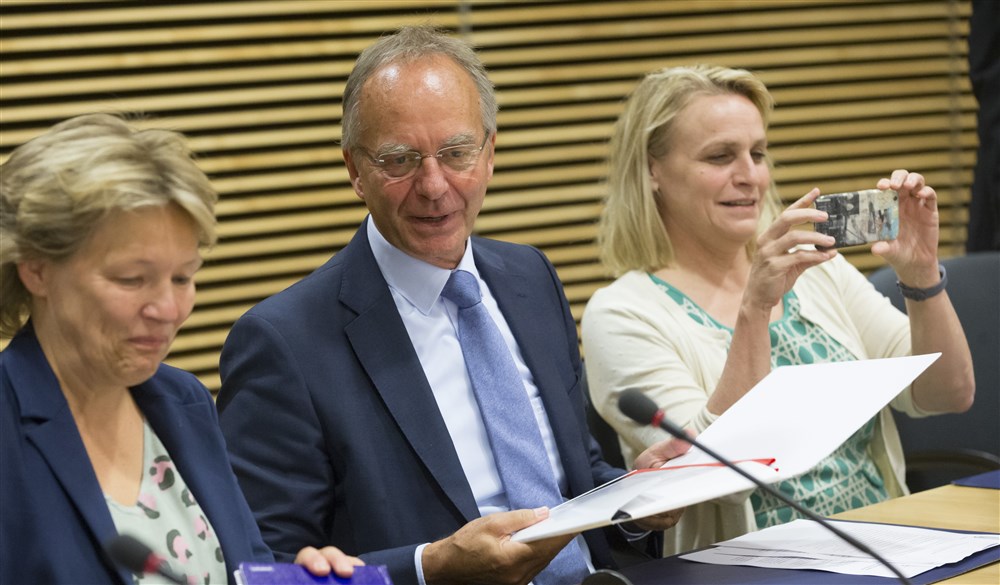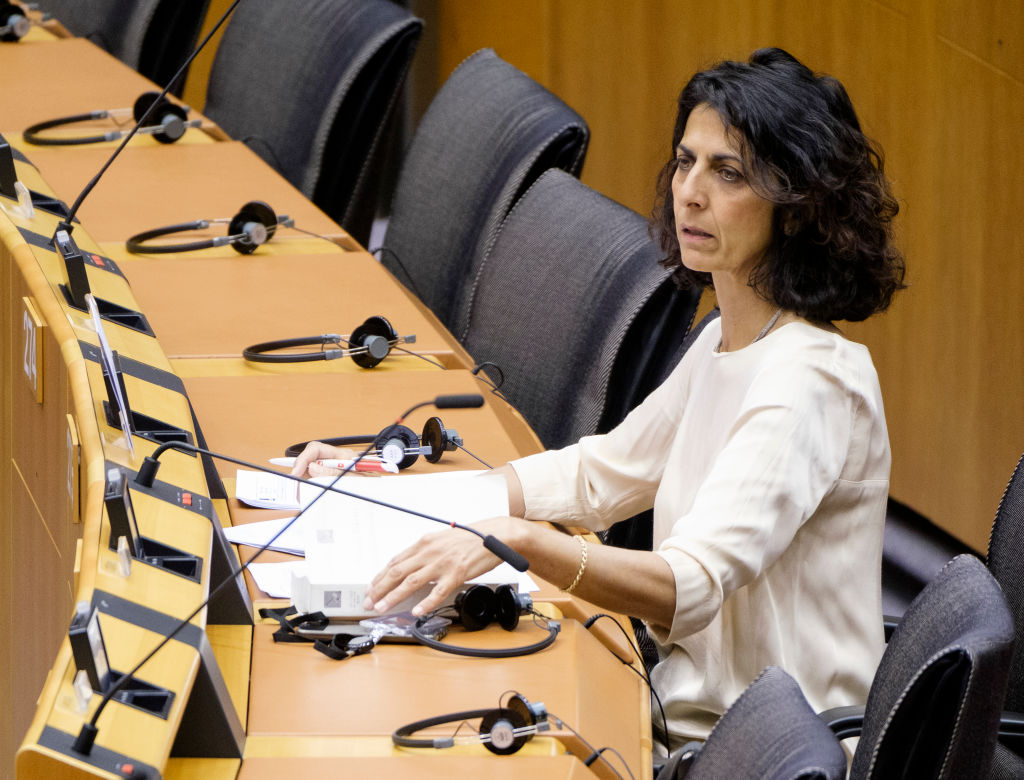The Dutch Minister of Education, Robbert Dijkgraaf, wants to curb the use of the English language and others in the country’s higher education system amid a substantial rise in the enrolment of international students.
“My starting point is that the language of instruction is Dutch,” said Dijkgraaf. “Additionally, there can be room for another language within the curriculum.”
Under the reforms, beginning in 2025 with bachelor programmes, a maximum of one-third of all courses could be taught in a language other than Dutch.
If enacted, this would constitute a major policy change, given the Netherlands has relied heavily on English as a language of instruction. At present, around 60 per cent of all higher education institutions offer at least one course taught in English.
That, in part, has led to an influx of overseas students to the Netherlands, with some 40 per cent of first year students being from foreign countries on average. A number of Dutch universities record figures as high as 60 per cent.
The policy of offering English-taught courses has proven lucrative for educational establishments, given it attracts extra students and thereby boosts the funding they receive for each student they bring onboard.
For the public and domestic students, however, the effects are less positive. Dutch lost its importance as an educational language, while home-based pupils felt ‘supplanted’.
Other concerns included overcrowded lecture halls, increased workload for teachers and a scarcity of student housing. The Dutch Parliament has been looking into the issue for some time.
The minister also wants foreign students to learn Dutch, in the hope they will then work in the Netherlands following graduation.
That echoes the sentiments of other critics of the current situation who point to one example where almost all the German students on an English-language course in psychology, in the city of Enschede, returned to Germany after graduating, thus providing no practical benefits for the country.
Dijkgraaf said he aims to protect Dutch as an academic language and maintain accessibility to higher education for students who are less proficient in English.
“My proposal would be to allow no more than one-third [of English-taught courses],” he added. “This means that the majority of your programme will be in Dutch, but if you wish to have a few specialised courses in English, that is permissible.”
However, universities claim the proposed measures are “a ban on English education” and will cause a “brain drain” of foreign tutors. They emphasise the “value” international students and colleagues provide, as well as the “international character” of all students’ education.
https://twitter.com/CaAl/status/1669667725059268608?s=20
While Dijkgraaf’s proposals may find favour among critics, some in his progressive Democrats 66 party are more wary. One member, Jeanet van der Laan, warned of “overly drastic interventions in internationalisation”, saying the world is “connected” and that the Netherlands “is no island”.





